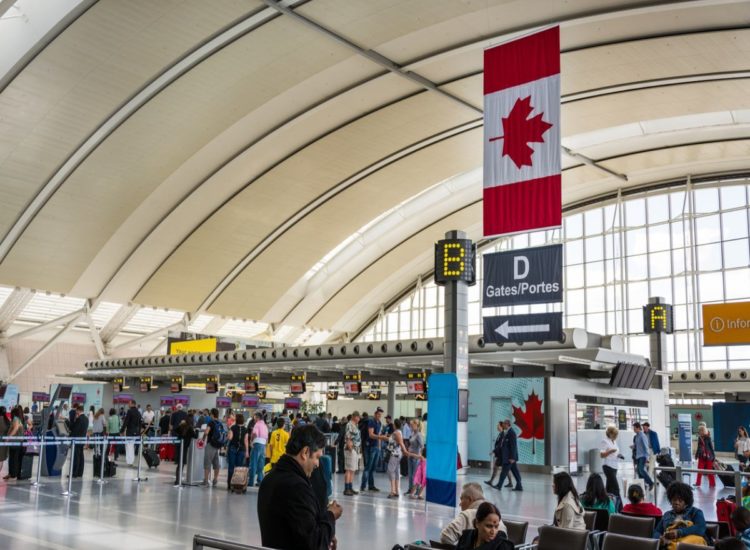
The Super Visa allows parents and grandparents of Canadian citizens and permanent residents to visit their family for up to five consecutive years without renewing their visitor status. Furthermore, parents and grandparents can enter Canada multiple times with the Super Visa for up to 10 years.
What are the Super Visa eligibility requirements?
In order to be eligible for a Super Visa, an applicant must be a parent or grandparent of a Canadian citizen or a permanent resident of Canada. A spouse or common law partner of the applicant may be included on the application, but no dependents may be included.
They must also have a signed letter from your child or grandchild inviting the applicant to Canada which also includes:
- A promise of financial support for the length of your visit
- The list and number of people in the household of this person
- A copy of this person’s Canadian citizenship or permanent resident document
The applicant must also have medical insurance from a Canadian insurance company that is:
- Valid for at least 1 year from the date of entry
- At least $100,000 of emergency coverage
- Have proof that the medical insurance has been paid in full
In addition, the child or grandchild of the applicant must be able to prove that they can meet the income requirements, identified by the Low-Income Cut Off (LICO) in the table below. The purpose of the income requirement is to assess the child or grandchild’s ability to financially support their family members, especially since the responsibility that can come with supporting an elderly family member can be large.
| Size of family unit | Minimum necessary gross income |
|---|---|
| 1 person (your child or grandchild) | $25,921 |
| 2 persons | $32,270 |
| 3 persons | $39,672 |
| 4 persons | $48,167 |
| 5 persons | $54,630 |
| 6 persons | $61,613 |
| 7 persons | $68,598 |
| More than 7 persons, for each additional person, add | $6,985 |
The proof may be in the form of the following documents:
- Notice of Assessment (NOA) or T4/T1 for the most recent tax year
- Employment Insurance Stubs
- An employment letter that includes salary and hire date
- Pay stubs
- Bank statements
What happens after I apply?
After the application has been submitted, Immigration, Refugees and Citizenship Canada (IRCC) will review it and make sure it has all the appropriate documentation. IRCC may also ask that the applicant:
- Go to an interview with their officials in the applicant’s country
- To send more information
- To get a medical exam
- To get a police certificate
Processing times depend on the visa office and if you need to do any extra steps listed above. After the application is processed, passports and other original documentation will be returned to the applicant. If the application is approved, the visa will be stamped inside the applicant’s passport. If the applicant is from a visa-exempt country, IRCC will issue the applicant with a letter to be given to a border services officer upon arrival to Canada.




